It's spring! And, there are so many wonderful books you can use for teaching reading and writing skills. The Reading Crew has joined together to share our our love of literacy. We have a collection of ideas and lessons in teaching mentor text. In this post, I've provided you with a wonderful spring book for teaching characterization through spring mentor text. (Make sure to look for the secret word typed in BLUE.)
Did you know that butterflies were once believed to be evil? They were even called "Summer Birds." Back in the middle ages, people believed that butterflies and other insects were born from mud by a process called "spontaneous generation."
Summer Birds, The Butterflies of Maria Merian by Margarita Engle, focuses on a certain period of Maria Merian's life. At the age of 13, Maria set out to disprove the theory by studying caterpillars. Maria had to study in secret to so she wouldn't be accused of witchcraft. When she captured and studied the butterflies, Maria illustrated her findings with detailed notes and sketches. Maria eventually became a scientist, an artist of plant and animal books, and an explorer. During that time period, women rarely traveled.
As students read a book or story, they learn to visualize the characters in the setting and paint a picture in their minds of the characters. Students can think of the characters as real people. In this biography, Maria is real. Students may even develop emotional connections to the characters and understand how they may act and feel about a situation or around others.
In the book Summer Birds, students learn about a young girl who displayed perseverance, independence, curiosity, creativity, and determination in a time when people were superstitious and women had no voice.
- When introducing Summer Birds, I suggest that you go through the book with your students and enjoy the unique illustrations. By studying the illustrations, students see that the book is about a young girl who catches butterflies, the life cycle of the butterfly, and a young girl loves to draw.
- You may first choose to read the Historical Note at the back of the book so the students understand more about Maria Merian's life.
- I also suggest displaying Maria's art which illustrates the life cycle of insects and plants.
- Ask students if they know what "Summer Birds" means and why do they think this name is used in the title? (It's a medieval term for butterflies and moths.)
- You may first choose to read the Historical Note at the back of the book so the students understand more about Maria Merian's life.
- I also suggest displaying Maria's art which illustrates the life cycle of insects and plants.
- Ask students if they know what "Summer Birds" means and why do they think this name is used in the title? (It's a medieval term for butterflies and moths.)
I used Wordcloud.com and Google Slides to create the activities for Summer Birds. With Google Slides, students can collaborate during the book study and not have to worry about paper and pencil. When downloading the Google Slides, you will be prompted to make a copy for each student and save in your Google Drive. I did include two pages of character trait activities for those who wish to not use Google Slides. This will help you in teaching characterization.
1. Good or Bad Traits
In describing characters in a book, students may think of the characters as being good or bad. Ask them to give examples of good traits? Then, ask your students to give examples of bad traits. This is a great opportunity to teach vocabulary with words such as sincere, driven, motivated, hateful, mean-spirited... Instead of using an anchor chart, try using word cloud applications with your students. (I had to add additional words about the book to get enough words for the design.)
2. Physical Traits vs Character Traits
Students sometimes have trouble telling the difference between what a character looks like with your own eyes and how the character feels, their actions, and personality. To tell the difference, have your students to list the physical characteristics of Maria and then list all of her character traits. Students can use the book to look at Maria and write down all of her physical traits. Then, close the book and list her character traits. Character traits cannot be seen. This is information gained from the character's actions, feelings, and what he/she says.
3. Inferring Character Traits
Authors may indirectly indicate the character traits through their writing. Character traits can be inferred through dialogue or the character's actions in the book. The book Summer Birds is written in first person, so there are no quotes of what Maria says. Through reading, there's text evidence of Maria's thoughts and actions that helps students infer the character traits.
Your students may want to learn more about Maria Merian and her work as an artist and scientist. I've provided these Google Slides so your students can research to learn more about Maria, her art, and accomplishments. I've also included a slide of the life cycle of the butterfly. The boxes fade out to display a visual image of each stage of the life cycle. With everything included in this post, you'll be all set for teaching characterization!

















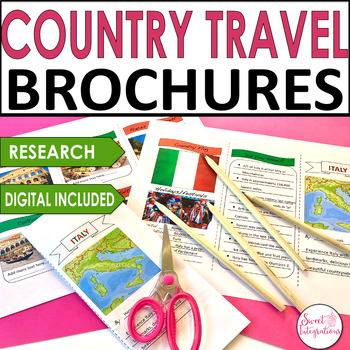
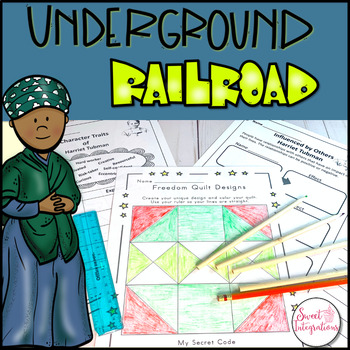


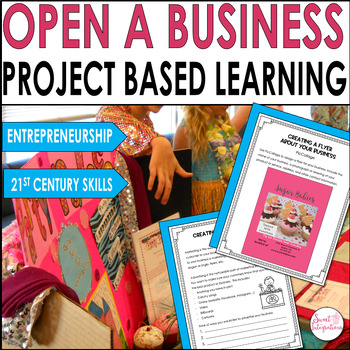
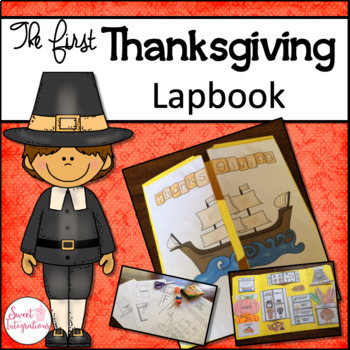

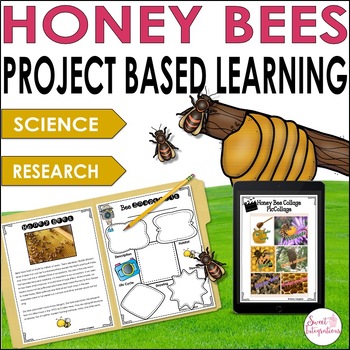



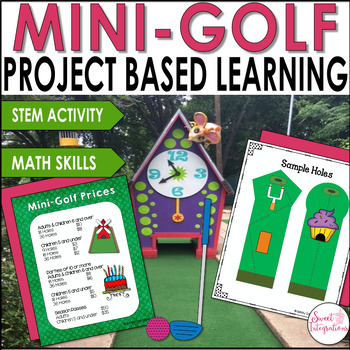


Sandy! I never knew butterflies were once considered to be evil...very interesting! Awesome post filled with such meaningful activities. Thank you!
ReplyDeleteJulie
The Techie Teacher
Thank you, Julie!
ReplyDeleteI love the Google Slides. They are so creative looking and I am really excited to read this text. Thank you.
ReplyDeleteThis comment has been removed by the author.
ReplyDeleteI love everything about this!! Thank you for sharing!
ReplyDeleteThank you for sharing your ideas and resources! I look forward to trying out this lesson. :)
ReplyDelete